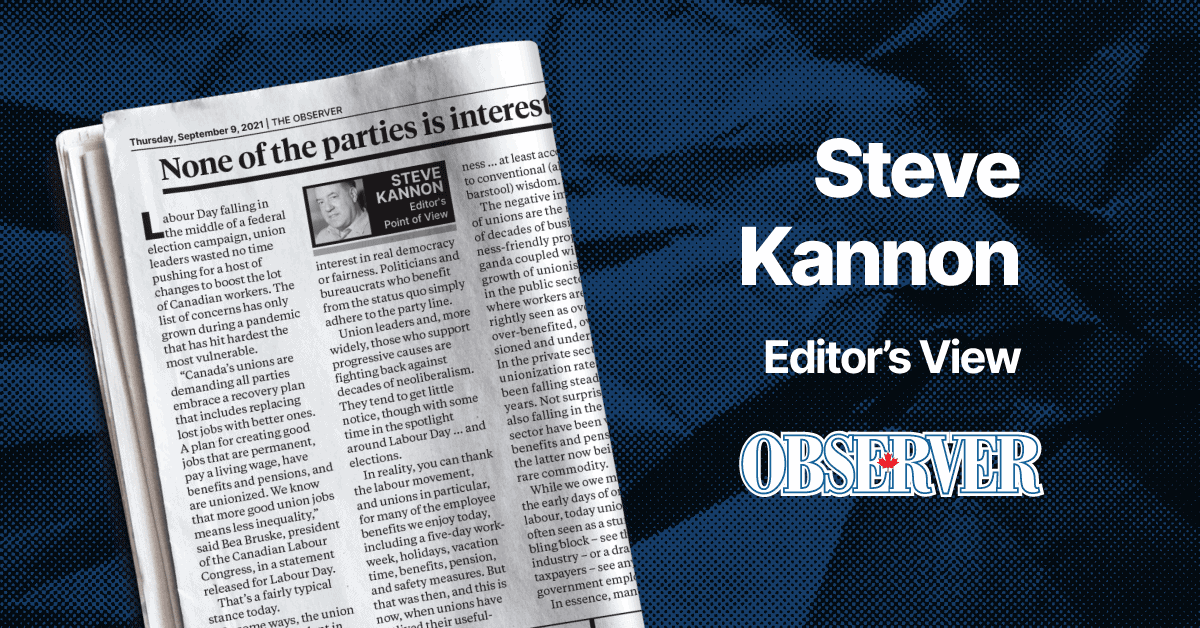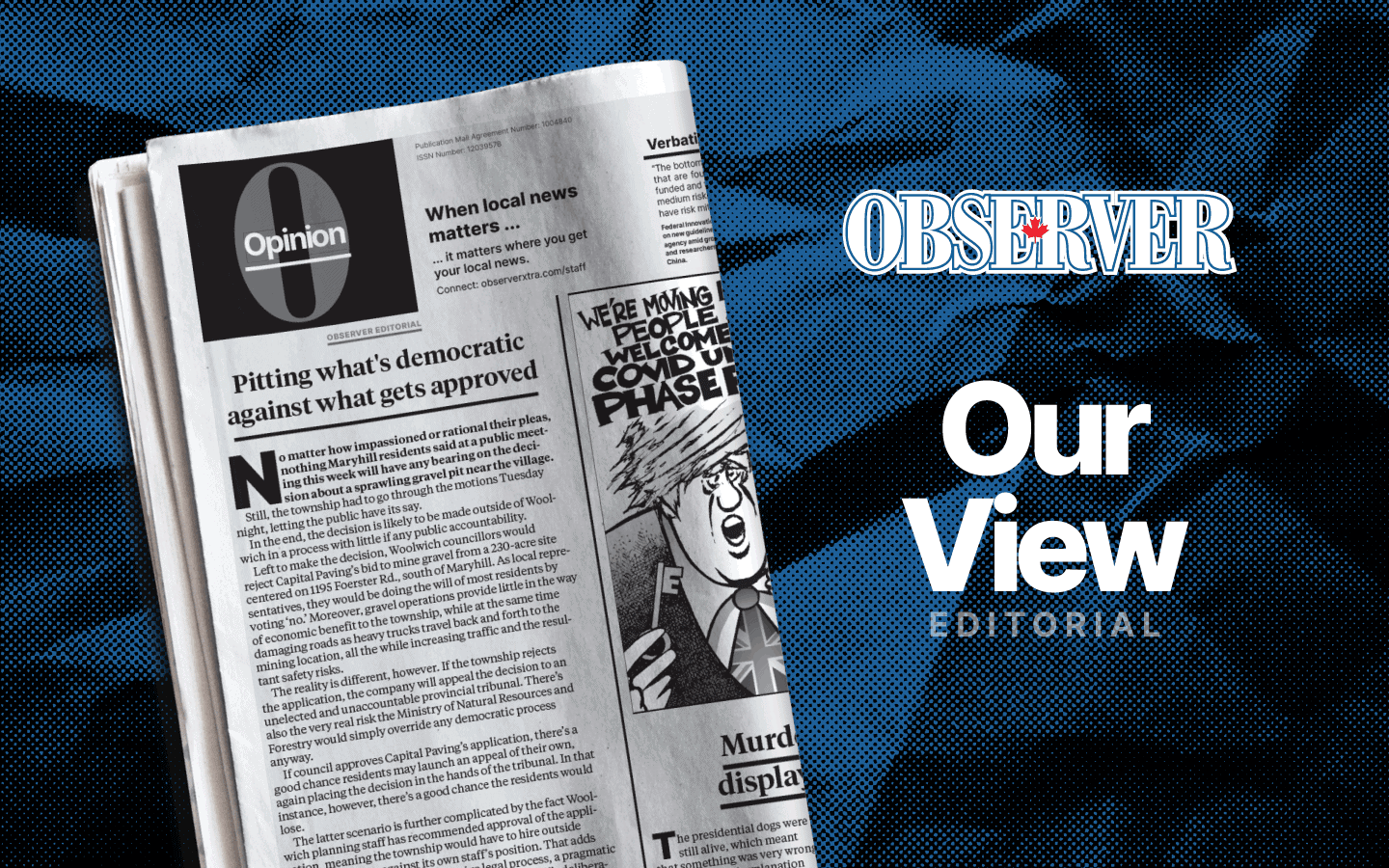;
;
;

Already burdened by a stagnant economy, runaway inflation and a housing crisis, Canadians got no help from Ottawa in this week’s budget. Most of us can expect to pay more and receive less. It’s a different story for those on the federal payroll, however. On top of accommodations and continued payout
Last updated on May 03, 23
Posted on Mar 30, 23
3 min read
